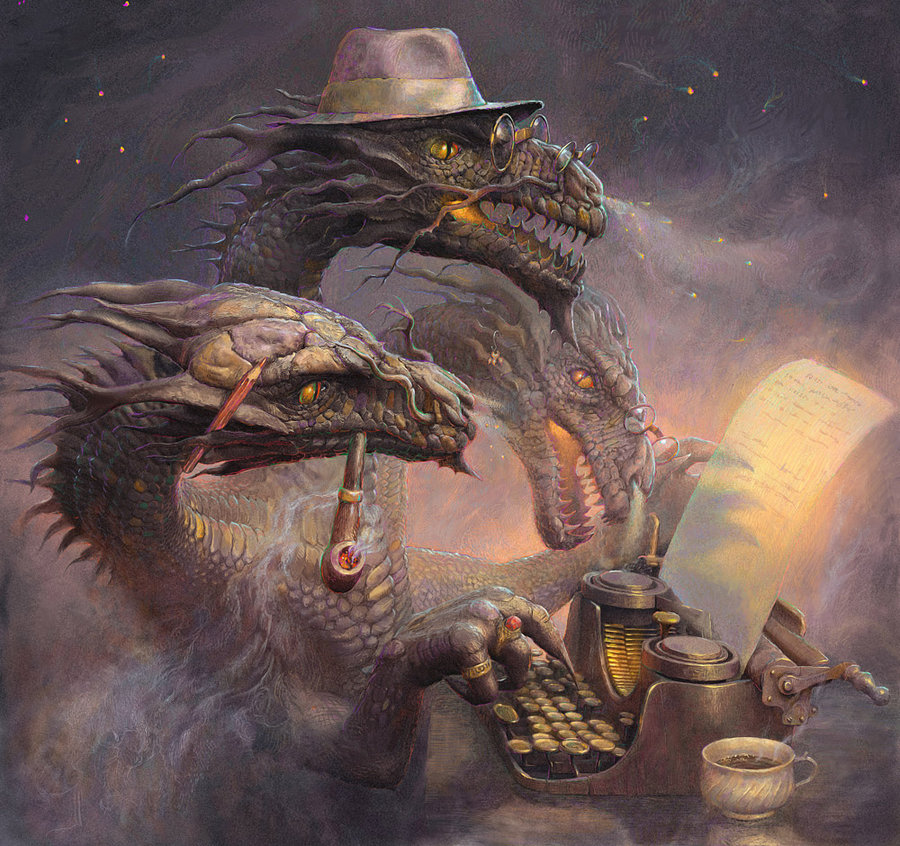|
1. The Light We Carry: Overcoming in Uncertain Times Obama, Michelle 2. Happy-Go-Lucky Sedaris, David 3. Abalone: The Remarkable History and Uncertain Future of California's Iconic Shellfish Vileisis, Ann 4. The Book of Unknown Americans Henríquez, Cristina 5. On the Beach Shute, Nevil 6. The Paris Apartment Foley, Lucy 7. The Light Brigade Hurley, Kameron 8. Gender Queer Kobabe, Maia 9. Sandworm: A New Era of Cyberwar and the Hunt for the Kremlin's Most Dangerous Hackers Greenberg, Andy 10. Let Me Be Frank With You Ford, Richard 11. Coyote America: A Natural and Supernatural History Flores, Dan 12. Under the Glacier Laxness, Halldór 13. Infinite Jest Wallace, David Foster 14. Lavender House (Andy Mills, #1) Rosen, Lev A.C. 15. Goodbye to Berlin Isherwood, Christopher 16. A Field Guide to Lies: Critical Thinking in the Information Age Levitin, Daniel J. 17. One of Us Is Lying McManus, Karen 18. Of Mice and Men Steinbeck, John 19. Fledgling Butler, Octavia E. 20. The Orphan Master's Son Johnson, Adam 21. Cannery Row (Cannery Row, #1) Steinbeck, John 22. Ishmael (Ishmael, #1) Quinn, Daniel 23. Parable of the Sower: A Graphic Novel Adaptation Duffy, Damian 24. Stolen Laestadius, Ann-Helén 25. We See Each Other: A Black, Trans Journey Through TV and Film Anderson, Tre’vell 26. Sexed Up: How Society Sexualizes Us, and How We Can Fight Back Serano, Julia 27. The Lottery and Other Stories Jackson, Shirley 28. Pageboy Page, Elliot 29. Shy Porter, Max 30. The Garnett Girls Moore, Georgina 31. Cultish: The Language of Fanaticism Montell, Amanda 32. Siren Queen Vo, Nghi 33. Ceremony Silko, Leslie Marmon 34. Crying in H Mart Zauner, Michelle 35. It's OK to Be Angry About Capitalism Sanders, Bernie 36. Hollow Kingdom (Hollow Kingdom, #1) Buxton, Kira Jane 37. Old Babes in the Wood: Stories Atwood, Margaret 38. The One and Only Ivan Applegate, Katherine 39. Fathoms: The World in the Whale Giggs, Rebecca 40. Magpie Murders (Susan Ryeland, #1) Horowitz, Anthony 41. The Bat-Poet Jarrell, Randall 42. The House of Mirth Wharton, Edith 43. White Cat, Black Dog: Stories Link, Kelly 44. The Feather Thief: Beauty, Obsession, and the Natural History Heist of the Century Johnson, Kirk W. 45. Blackfish City Miller, Sam J. 46. The House of Silk (Horowitz's Holmes, #1) Horowitz, Anthony 47. Barn 8 Unferth, Deb Olin 48. Moonflower Murders (Susan Ryeland, #2) Horowitz, Anthony 49. Jesus and John Wayne: How White Evangelicals Corrupted a Faith and Fractured a Nation DuMez, Kristin Kobes 50. Wordslut: A Feminist Guide to Taking Back the English Language Montell, Amanda 51. The Council of Animals McDonell, Nick 52. Counting the Cost Duggar, Jill 53. Beyond the Wand: The Magic and Mayhem of Growing Up a Wizard Felton, Tom 54. The Book of Goose Li, Yiyun 55. The Employees: A Workplace Novel of the 22nd Century Ravn, Olga 56. Out There Folk, Kate 57. Quietly Hostile: Essays Irby, Samantha 58. This is How You Lose the Time War El-Mohtar, Amal 59. The Killer Whale Journals: Our Love and Fear of Orcas Strager, Hanne 60. A Confederacy of Dunces Toole, John Kennedy 61. Penny: A Graphic Memoir Stevens, Karl 62. The Wife Wolitzer, Meg Favorites
|
AuthorI'm prone to rambling. Archives
February 2023
Categories |
Proudly powered by Weebly

 RSS Feed
RSS Feed